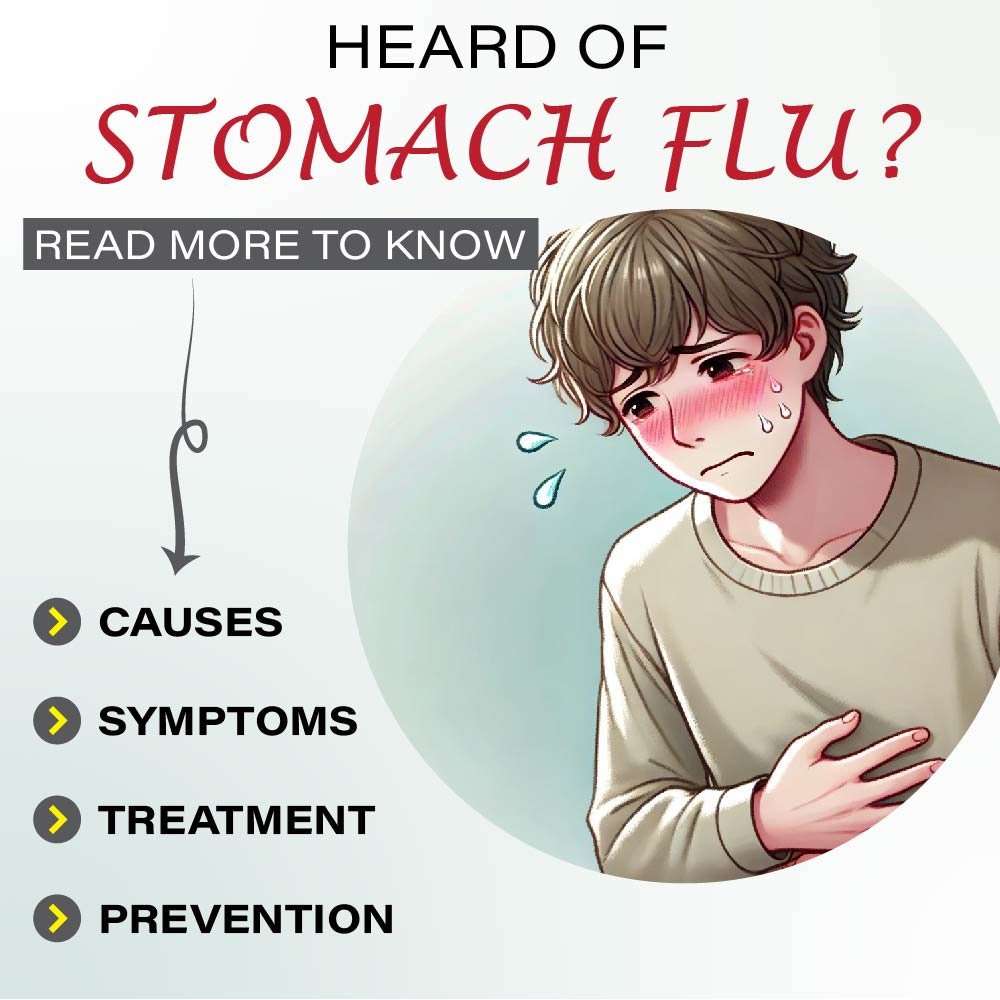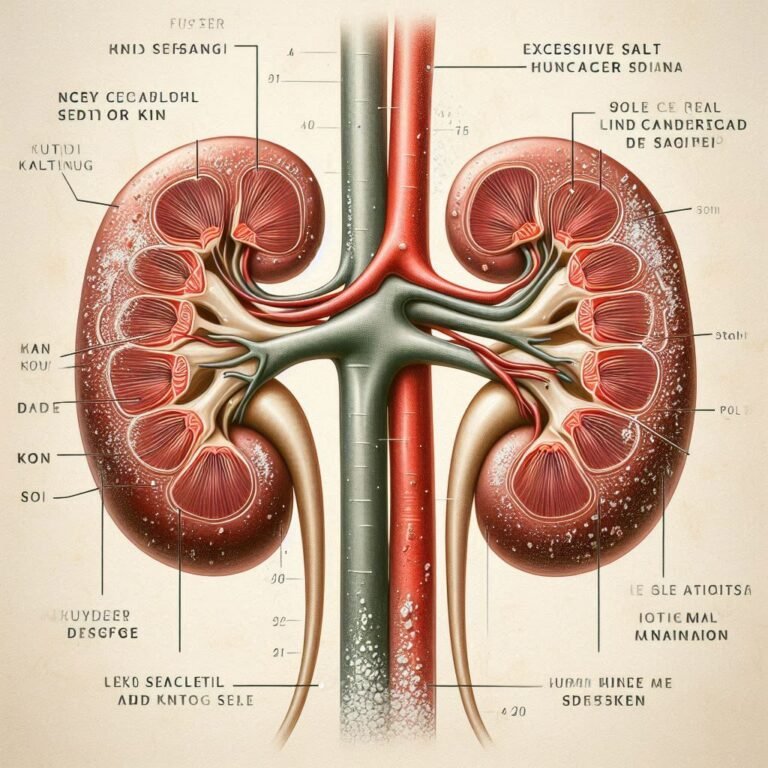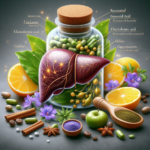Top Health & Wellness Product Reviews with Exclusive Sale Prices!
What is Stomach Flu and How to Treat it at Home?

What is Stomach Flu?
Stomach flu, or viral gastroenteritis, is a viral infection affecting the digestive system, causing uncomfortable symptoms like nausea, vomiting, diarrhea, and abdominal pain. Though it’s referred to as “flu,” stomach flu isn’t caused by the influenza virus and typically requires different treatments focused on hydration and digestive care.
Understanding Stomach Flu
The stomach flu is caused by various viruses, commonly norovirus and rotavirus. These viruses inflame the stomach and intestines, resulting in gastrointestinal symptoms. It is highly contagious, spreading through direct contact, contaminated food, or touching surfaces with the virus.
Symptoms of Stomach Flu
Symptoms may start one to three days after exposure and include:
- Nausea and vomiting
- Diarrhea
- Abdominal cramps
- Low-grade fever
- Fatigue
These symptoms generally last a few days but can occasionally persist for up to ten days.
How to Treat Stomach Flu at Home
Managing stomach flu at home mainly involves staying hydrated, eating simple foods, and resting. Here’s how:
- Stay Hydrated
Drinking fluids helps prevent dehydration, which is a primary risk with stomach flu. Water, electrolyte solutions, and clear broths are recommended. Avoid caffeinated or sugary drinks, as these can worsen symptoms. - Eat Bland Foods
Follow the BRAT diet (Bananas, Rice, Applesauce, Toast) to give your digestive system a rest. These foods are easy to digest and help firm up stool, easing diarrhea. Avoid fatty, spicy, or dairy-rich foods, as they may irritate your stomach further. - Get Plenty of Rest
Rest is vital as your body fights off the infection. Limit physical activities to let your immune system focus on recovery. - Consider Over-the-Counter Medication
Medications like Pepto-Bismol or Imodium can help ease symptoms, but use them cautiously, and only for short-term relief. Always consult a healthcare provider if you’re uncertain.
Prevention Tips
Since stomach flu is highly contagious, frequent hand washing, disinfecting surfaces, and avoiding close contact with infected individuals can help prevent its spread.
When to Seek Medical Attention
If symptoms persist beyond a week, or if you experience severe dehydration, high fever, or blood in stools, it’s essential to consult a healthcare professional.
FAQs
- Is stomach flu contagious?
Yes, it can spread through direct contact, contaminated surfaces, or shared food and utensils. - How long does it last?
Symptoms generally last from one to three days but can extend to a week in severe cases. - What foods should be avoided?
Fatty, spicy, and dairy-rich foods should be avoided to prevent further irritation. - Can stomach flu be mistaken for food poisoning?
Yes, both cause similar symptoms. Food poisoning often appears suddenly after eating contaminated food, while stomach flu develops over a day or two. - Is there a specific medicine for stomach flu?
No, there’s no specific antiviral for stomach flu. Treatment focuses on hydration, rest, and symptom management.
By following these home remedies and preventive tips, you can alleviate stomach flu symptoms and reduce your risk of catching it in the future.







